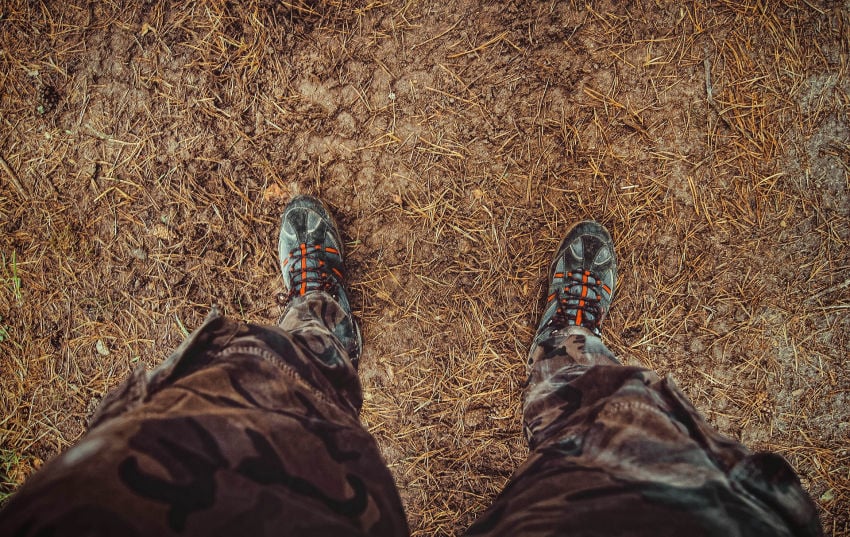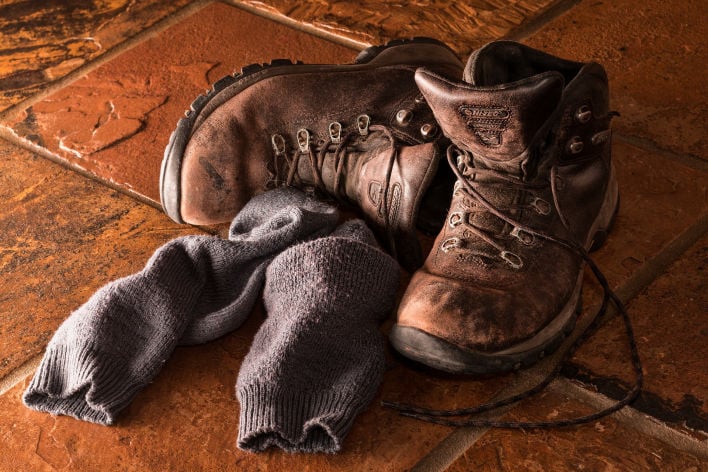What to Pack
We recommend you bring three sets of hunting clothing that consists of dark colours such as camouflage and olive greens. You might encounter thorn bushes while hunting so a strong tear resistant range of clothing is a must. Two pairs of well worn walking boots as new boots may cause problems by causing blisters etc. so make sure you are used to wearing these boots as stalking animals can take up a lot of time on a Safari. Two sets of comfortable clothing for relaxing next to the fire is also recommended with a warm jacket, gloves and a scarf for those cold winter nights. Other items to pack include:
- Binoculars and Harness
- Good Hat and Sunglasses
- Chapstick / Lip balm
- Mosquito & Insect Repellant
- Prescription & Personal Medication
- Good Camera with enough Memory Storage
- Odorless Sunblock with a minimum SPF of 20
- Thick Socks

